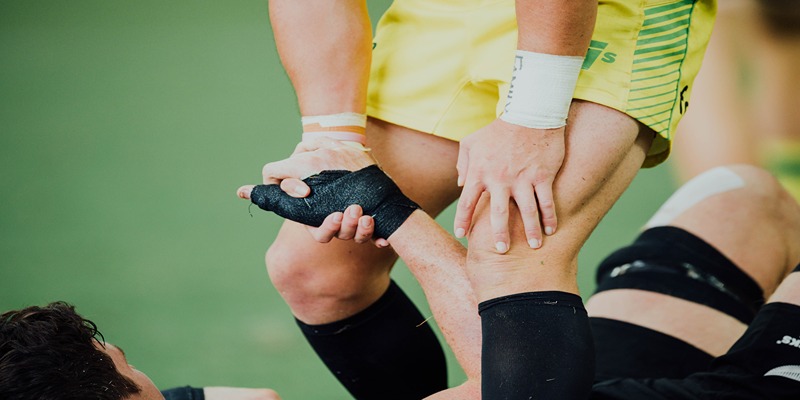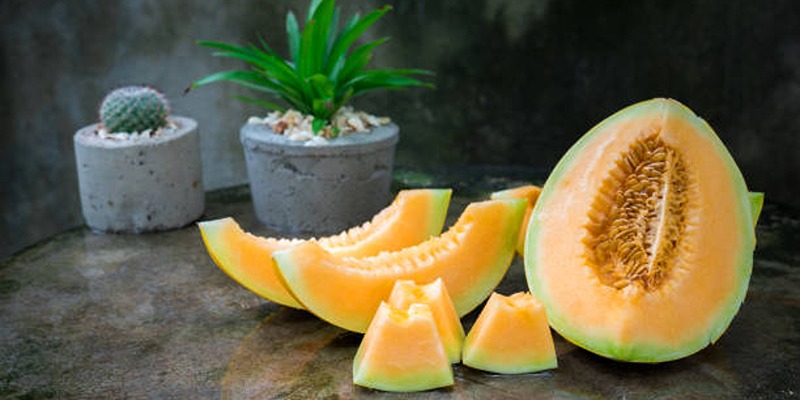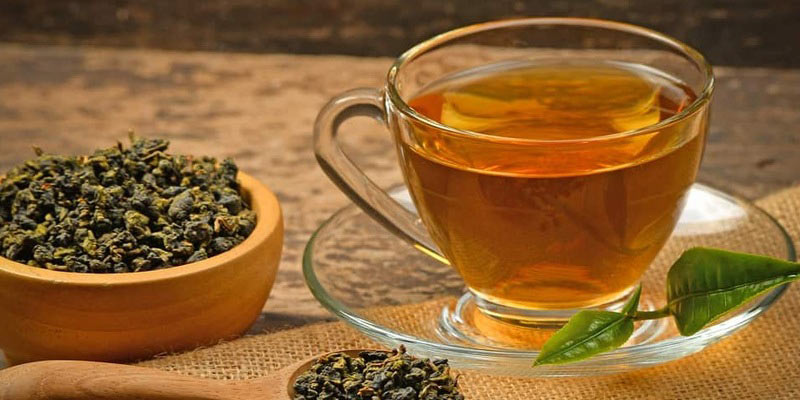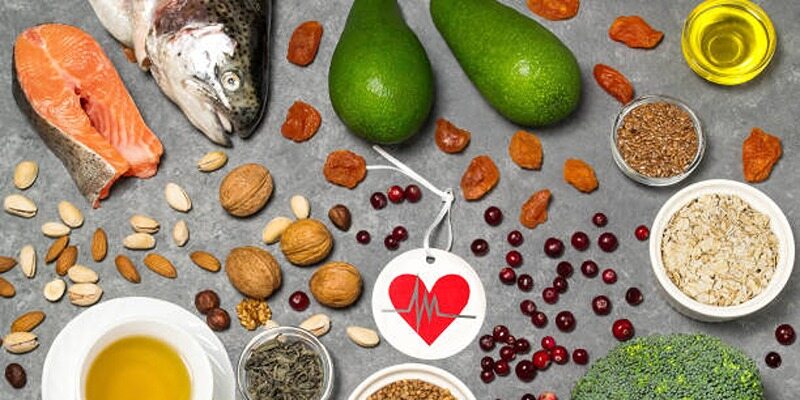Muscle pain, often caused by factors like physical exertion, injury, or tension, can significantly impact one's daily life. This article highlights the various causes of muscle pain and explores natural methods for relief. From herbal remedies to lifestyle adjustments, understanding the holistic approach to muscle pain management is essential for promoting overall well-being and minimizing discomfort. Explore the following sections to discover effective ways to alleviate muscle pain naturally and regain comfort and flexibility.

Natural Muscle Relaxation Methods
Herbal Remedies for Muscle Relaxation
Muscle tension and anxiety have long been treated with herbal treatments. Compounds found in plants with a reputation for calming muscles include chamomile and valerian root. Particularly well-known for its sedative effects on the central nervous system, valerian root is best taken orally in the form of a supplement or tea. When steeped into a calming tea, chamomile eases aches and pains caused by muscular spasms. These herbal remedies are great complements to holistic methods of treating muscular pain since they are a safe and non-invasive way to relax muscles and alleviate stress.
Essential Oils and Their Soothing Effects
An fragrant and efficient method to alleviate muscular tension and discomfort is by using essential oils. When used topically, oils such as peppermint, lavender, or eucalyptus, when mixed with a carrier oil, may provide relief. Their anti-inflammatory and calming effects help alleviate muscular tension and discomfort. By working these oils into the skin, you may alleviate aching muscles and enjoy a soothing sensory experience all at once. Massage aches and generalized muscular tension may be alleviated more effectively with the help of essential oils when used as part of a self-care regimen.
Heat Therapy: A Natural Muscle Relaxant
One time-tested approach to easing muscular tension and discomfort is heat treatment. When you apply heat to achy or tight muscles, blood flow rises, which helps the muscles relax and relieve pain. Warm compresses, heating pads, and baths are some of the ways that heat may be applied. A feeling of calm and relaxation is induced when the calming heat sinks into the deepest layers of muscular tissue. When it comes to minor injuries or muscular tightness, heat treatment works wonders. If you're looking for a natural and fast way to alleviate muscular discomfort, try using heat.
Benefits of Epsom Salt Baths
A natural way to relax muscles and alleviate discomfort is to take an Epsom salt bath. The magnesium and sulfate complex known as Epsom salt may be dissolved in hot bath water. Minerals included in Epsom salts may ease muscular tension and inflammation when absorbed through the skin in the form of a bath. Additionally, the buoyancy of the water alleviates strain on muscles and joints. Because they help with both physical and emotional relaxation, Epsom salt baths are a great complement to other holistic methods of managing muscular discomfort.
Muscle Pain Relief Through Holistic Practices
Yoga and Stretching for Muscle Ease
When it comes to reducing muscular soreness and increasing range of motion, nothing beats yoga and stretching. In order to improve one's health in all areas, yoga incorporates physical postures, regulated breathing, and meditation. Some yoga positions, such as cat-cow and child's pose, are especially helpful for relieving muscular tension. By increasing blood flow to the muscles, reducing stiffness, and aiding in the maintenance of a complete range of motion, regular yoga practice has several health benefits. Similarly, stretching exercises may alleviate pain and tension in the muscles when done with awareness. Physical and mental relaxation may be achieved by the incorporation of these activities into your daily routine, which can greatly aid in the comprehensive treatment of muscular discomfort.
Tai Chi: Gentle Movements for Pain Management
Famous for its slow, fluid motions, Tai Chi is an old Chinese martial art. As a low-impact form of exercise, yoga helps alleviate aches and pains while also improving flexibility, strength, and balance. Tai chi's slow, deliberate actions enhance body awareness and posture, which in turn decreases the likelihood of damage to muscles. Incorporating Tai Chi into your routine may help with muscular discomfort since it improves coordination, relaxation, and general health.
Mind-Body Techniques: Meditation and Visualization
When it comes to alleviating muscular pain holistically, mind-body practices like visualization and meditation are vital. By reducing mental and emotional stress, meditation promotes physical relaxation and eases tense muscles. Finding and releasing tension in certain muscle groups is possible with the use of techniques such as progressive muscle relaxation. On the other side, training your mind to imagine a calm, pain-free place might help you relax your muscles. These activities are vital for managing muscular pain holistically because they tap into the mind's ability to regulate bodily feelings. If you suffer from chronic muscular pain, try meditating and visualizing a solution in your everyday life.

Soothing Muscle Techniques in Everyday Life
Adequate Hydration for Muscle Health
In order to keep muscles healthy and pain-free, it is vital to be well-hydrated. When you're dehydrated, you're more likely to experience pain in your muscles and get hurt easily. The efficiency of muscle function and resistance to strain and stiffness are both enhanced when muscles are well-hydrated. In hot weather or when exercising, it is vital to drink enough water throughout the day. A basic yet effective strategy to promote muscle health and lessen the likelihood of muscle-related pain is to drink plenty of water.
Balanced Diet for Muscle Repair and Recovery
To avoid muscular soreness, it's important to eat a nutrient-rich, well-balanced diet that promotes muscle repair and recovery. Getting enough protein in your diet is crucial because it helps your muscles develop and recover. Lean protein foods, such as beans, fish, and chicken, may help your muscles recover faster after exercise. Muscles are further protected from oxidative stress and inflammation by the antioxidant qualities of nutrients like vitamins C and E, which are abundant in fruits and vegetables. You may lessen the chances of experiencing muscle discomfort by eating a balanced diet that provides all the nutrients your muscles need for maximum performance and healing.
Conclusion
Holistic muscle pain management encompasses a wide range of natural and proactive approaches. From herbal remedies and relaxation techniques to balanced nutrition and hydration, these methods offer effective relief and prevention of muscle discomfort. By embracing these holistic practices in everyday life, individuals can foster muscle health, reduce the risk of pain, and enhance overall well-being. Taking a comprehensive and mindful approach to muscle care empowers individuals to lead active and pain-free lives.







